Daily life in Baghdad reveals a remarkable resilience and steadfastness of the Iraqi people.
Baghdad is a city of drastic extremes. A place of violence, corruption, fanaticism, but also dexterity, tenacity, and warmth. Like most in Iraq, the people of Baghdad have suffered. Of this, there can be little debate.
A conversation with any Iraqi will reveal the extent in which they have been impacted through terrorism and insurgency or factionalism and sectarianism. The narrative of each story remains interchangeable: of relatives and friends killed by a bombing, shooting, or just so happened to be in the wrong place, at the wrong time. These conversations are typified by a kind of prescient nonchalance, given the near certainty of the next terrorist attack.
Around 1,000 people are killed and wounded every month, while car bombs, suicide attacks, murders, and complex attack cycles have become the perpetual status quo. Iraq remains flush with oil and gas, yet the electricity in Baghdad can only stay on for a few hours at a time as summer temperatures peak at close to 115-120 degrees. Flights in and out of the capital, known cynically as the “freedom bird,” can be cancelled without warning and security is not just the overwhelming concern of those living in Baghdad, but dictates all aspects of life and routine.
Welcome to Baghdad
Working in Baghdad as an expatriate is like living life through a perpetual fish bowl, the outside world only being accessible through the glass of a B6 armored vehicle or from the rooftop of a heavily fortified villa. Men with weapons are everywhere. Traveling five minutes down the road requires a private security detail, consisting of armored vehicles, shooters, medics, and body armor. Any sense of self-importance soon dissolves, when, through 44 millimeters of ballistic glass, you see a bus of school children pointing and laughing at your small army of security contractors.
The streets are narrow and cluttered with garbage, power cables, and generators, their constant drone percolating day and night. The smell of sewage can sometimes drift and linger in the seasonal heat for days on end. Electricity is temperamental and will shut off without warning, making simple tasks like working on a computer, running on a treadmill or watching TV an incredibly difficult experience. Concrete barriers carve through the city, while police and military checkpoints create a perpetual gridlock of traffic that can sometimes back up for miles.
Despite this, these checkpoints remain easy prey for terrorists who have perfected small arms fire attacks and drive-by-shootings. Private security companies are almost always stopped and searched at these checkpoints, while saloon vehicles, taxis, and buses, which are used in wave after wave of car-bombings are allowed to pass with near immunity. The legacy of mistrust between private security companies and the people of Baghdad is almost irreparable, even if companies like Blackwater no longer operate in Iraq.
In recent days, the number of suicide attacks and car bombs throughout Baghdad has increased, coinciding with US airstrikes against IS. As the number of airstrikes and international involvement escalates, so too will the inevitable risk from terrorism throughout the capital.
To live and work in Baghdad you must first arrive at Baghdad International Airport, which is like walking into a movie set from the past. Shades of orange, green, and yellow adorn most of the signage and carpet, while white plastic conduit cylinders hang in rows from vaulted ceilings – a version of post-modernism from Iraq’s not to distant past. People are smoking–everywhere. The cost of a multi-entry visa is officially $200, but on arrival the cost is actually $202. No receipt is issued for the extra two dollars.
Sometimes it takes hours for a visa to be issued, depending on the various moods of the customs officers; however, this will only be for a multi-entry visa, a multi-exit visa comes later.
Staying in Baghdad for longer than ten days requires a blood test, which is an attempt to screen for AIDS, although the only people who ever test positive, usually test negative in either Jordan or the Emirates. A potential false/positive is probably a consequence of the blood testing procedure, which is commonly referred to only as “bloods,” and seemingly only happens at night – when a man carrying a bag of needles, tubes, and a stack of official looking paperwork arrives at your villa. There is a 50/50 chance he will wear gloves and each blood test costs a few hundred dollars.
After successfully passing this blood test, which sometimes takes less than 24 hours, a person becomes eligible for a multi-exit visa that is good for one year, but only in Baghdad. A trip to the provinces will not recognize the twelve-month blood test; nevertheless, testing is available at their clinic for another modest fee.
Perception is Power
Most conversations in Baghdad are conducted through a series of acronyms IED, VBIED, ISF, SSG, EFP, SAF, DBS, IDF – inherited from the days of US military. Each of these has a specific context that can alter business or security planning at moment’s notice. Perception is power in Baghdad and rumors can shift the security dynamics from one neighborhood to the next, resulting in heightened threat or risk throughout the entire city. Areas dense with Shia neighborhoods seem to experience the worst violence, as Sunni terrorists conduct suicide attacks and car-bombings with comparative ease.
Mixed Muslim neighborhoods are becoming increasingly isolated from each other and dead bodies are found almost daily. Some bear the signs of torture, most will have been killed via close quarter execution. The killing of women “on suspicion” of prostitution is a regular occurrence in both Sunni and Shia neighborhoods. Obviously, this has been exacerbated by the presence of the Islamic State (IS), only a mere 70 miles north of the capital. While the danger of an imminent assault on Baghdad seems to have abated, the anxiety remains palpable, conjured by social media and local mosques – some of whom claim the Islamic State was created by Israel.
Getting stopped at a checkpoint requires pulling over to the side of the road, where the threat is highest, while soldiers or police scrutinize paperwork and security licensing with orders that are almost always out of date. This process can sometimes be facilitated by the “cold water tax,” which consists of a crate of bottled water being relinquished to the soldiers who remain critically under-resourced. During the intense summer heat, cold water is as good as any foreign currency.
The security forces prefer to wear US military surplus, yet their ammo pouches are typically stuffed with foam and newspaper only giving the appearance of combat readiness. Shotgun cartridges sometimes line the webbing of their body armor, even though there is not a shotgun in sight. Some wear the jump wings of a paratrooper, but have clearly never been inside an airplane. A continually sore subject for international members of the private security detail who were actually badged paratroopers. Weapons handling drills are almost nonexistent, and it is not uncommon for there to be a negligible discharge from an ancient AK-47.
Terrorists attack these checkpoints with incredible frequency, yet there is never any real sense of urgency or preparedness from the soldiers or police. Their easy targeting potential makes them a quick win for terrorist seeking to conduct low-intensity attacks. In recent days, the number of suicide attacks and car bombs throughout Baghdad has increased, coinciding with US airstrikes against IS. As the number of airstrikes and international involvement escalates, so too will the inevitable risk from terrorism throughout the capital.
Living in Baghdad is not so different from any other metropolitan city, especially those plagued by traffic, politics, and other cosmopolitan challenges. Except here, you live in a fortified villa behind rows of concrete blast walls, ballistic curtains, and static security teams. The sound of car bombs is unmistakable and creates a tenor of constant apprehension throughout the city. It is standard practice after any detonation to climb on the roof and locate the direction of the blast through the sighting of smoke or the sounds of sires and gunfire. Depending on the location of the detonation, the shockwave can convulse and rattle an entire villa. These car bombs are typically detonated during morning traffic or in the early evening, when people are socializing after work. Both are attempts to inflict mass-casualties by targeting areas dense with people. As one of my Iraqi colleagues is fond of saying, “Man, this is life in Baghdad.”
And while it is easy to parody bureaucratic failures, corruption, or the vagaries of a foreign army, the people of Baghdad continue to live their lives under the physical threat of daily terrorist attack. Accepting bombings, shootings, kidnappings, murders, assassinations, extortion, and sectarianism – day after day, month after month, for over a decade, with no clear end in sight.
Traveling with a private security detail throughout Baghdad requires a movement request form, which, sometimes, will only be issued for ten days in advance. Subsequently, any small bureaucratic discrepancy that prevents the document from being issued can delay your much needed leave flight home. As can sandstorms, public holidays, religious holidays (as determined by the not-so-accurate lunar calendar), airport closures or the occasional insurgent advance on the capital city.
Lessons To Be Learned
Gone is the era of the eponymous Green Zone, nowadays, it is simply known as the International Zone, or IZ. Surrounded by concrete barriers, soldiers, tanks, and sniffer dogs, this 3.9 square mile enclosure houses the political elite of Iraq, as well as the American and British Embassies. Disconnected from the security concerns of those living in the Red Zone, which from a certain perspective is understandable. Assassinations of politicians, military personnel, and prominent individuals from civil society is something of a past time in Baghdad. A trip into the International Zone takes 24-hour advance notice, in order to find a company or person that might have an access badge, which are sometimes regulated on an arbitrary basis. External security is administered by the Iraqi Security Forces, who continue to use a bomb detector called the ADE-51, even though the inventor of the device is now spending ten years in jail for fraud.
One of the checkpoints leading into the International Zone has a prominent billboard depicting a US soldier, a Roman centurion, and a crusading knight all kneeling before the figure of the 12th Imam, who can be broadly defined as the Shia savior of mankind. While this historical pastiche can appear uninviting, sectarian, even threatening, it is also hilariously appropriate and speaks to the irony and humor of life in Baghdad.
International media coverage of recent events in Iraq has been especially appalling. Reporting tends to fluctuate between the inevitable doomsday scenario and the righteous indication of Western politicians, whose failed policies have directly set the conditions for the growth of the Islamic State. This failure also negates the very real sacrifice that normal Iraqis have made; those, who contrary popular belief, have dug in and are fighting the Islamic State with a spirited ferocity, defending their homes and families against a marauding army of fanatics and sociopaths.
And while it is easy to parody bureaucratic failures, corruption, or the vagaries of a foreign army, the people of Baghdad continue to live their lives under the physical threat of daily terrorist attack. Accepting bombings, shootings, kidnappings, murders, assassinations, extortion, and sectarianism – day after day, month after month, for over a decade, with no clear end in sight. It is hard to imagine what this kind of life is like unless you have lived it or lived amongst it. There is a lesson to be learned from the people of Baghdad – not just of extraordinary resilience and steadfastness, but also humility and respect. And that is the real story of life in the Pitiless City.
The views expressed in this article are the author’s own and do not necessarily reflect Fair Observer’s editorial policy.
Support Fair Observer
We rely on your support for our independence, diversity and quality.
For more than 10 years, Fair Observer has been free, fair and independent. No billionaire owns us, no advertisers control us. We are a reader-supported nonprofit. Unlike many other publications, we keep our content free for readers regardless of where they live or whether they can afford to pay. We have no paywalls and no ads.
In the post-truth era of fake news, echo chambers and filter bubbles, we publish a plurality of perspectives from around the world. Anyone can publish with us, but everyone goes through a rigorous editorial process. So, you get fact-checked, well-reasoned content instead of noise.
We publish 2,500+ voices from 90+ countries. We also conduct education and training programs
on subjects ranging from digital media and journalism to writing and critical thinking. This
doesn’t come cheap. Servers, editors, trainers and web developers cost
money.
Please consider supporting us on a regular basis as a recurring donor or a
sustaining member.
Will you support FO’s journalism?
We rely on your support for our independence, diversity and quality.



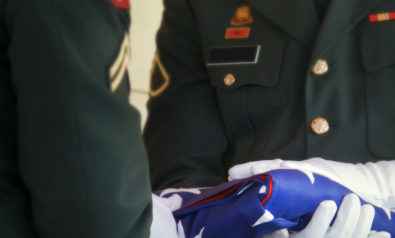
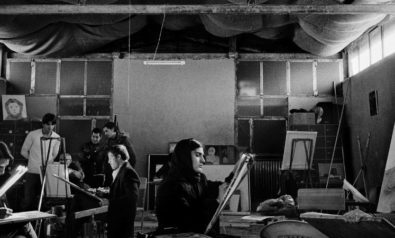

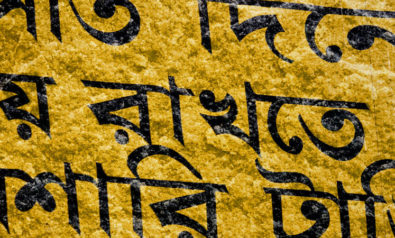

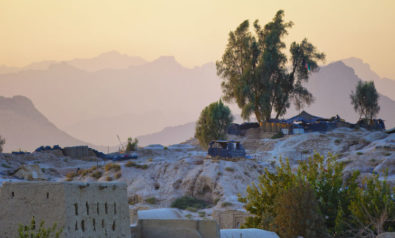

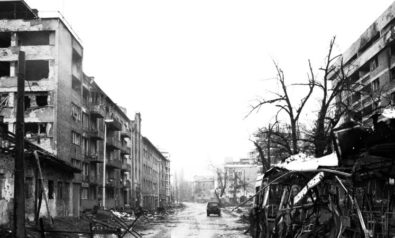
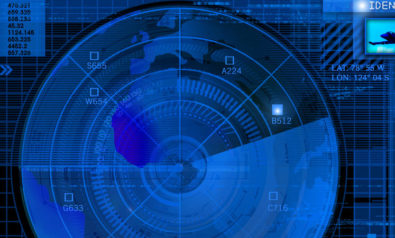
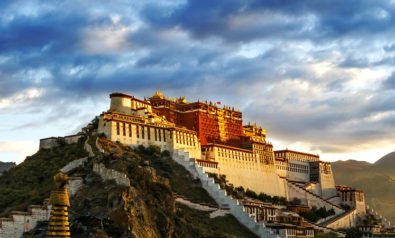
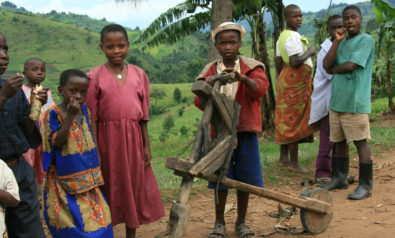
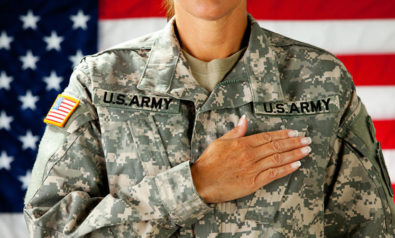
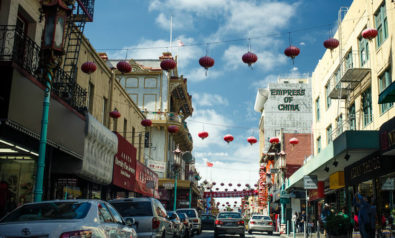

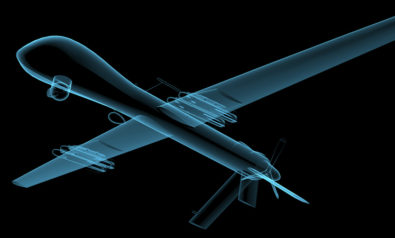
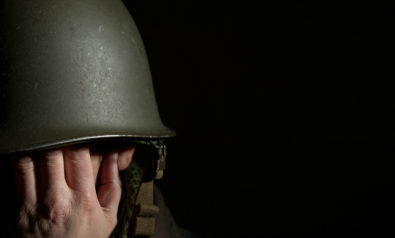
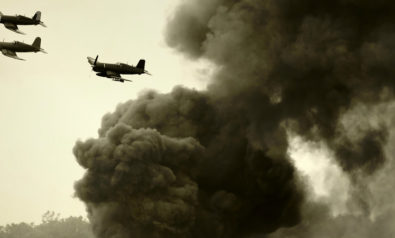
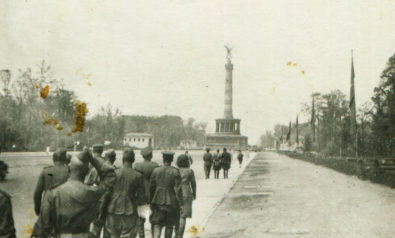



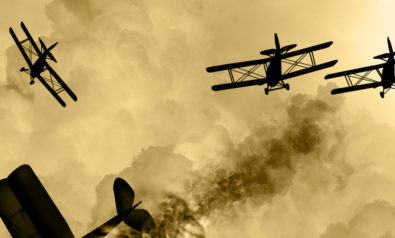
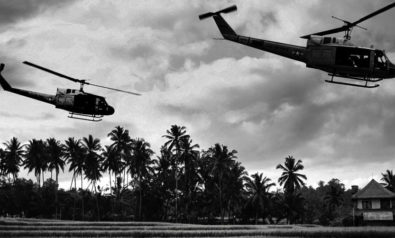

Comment